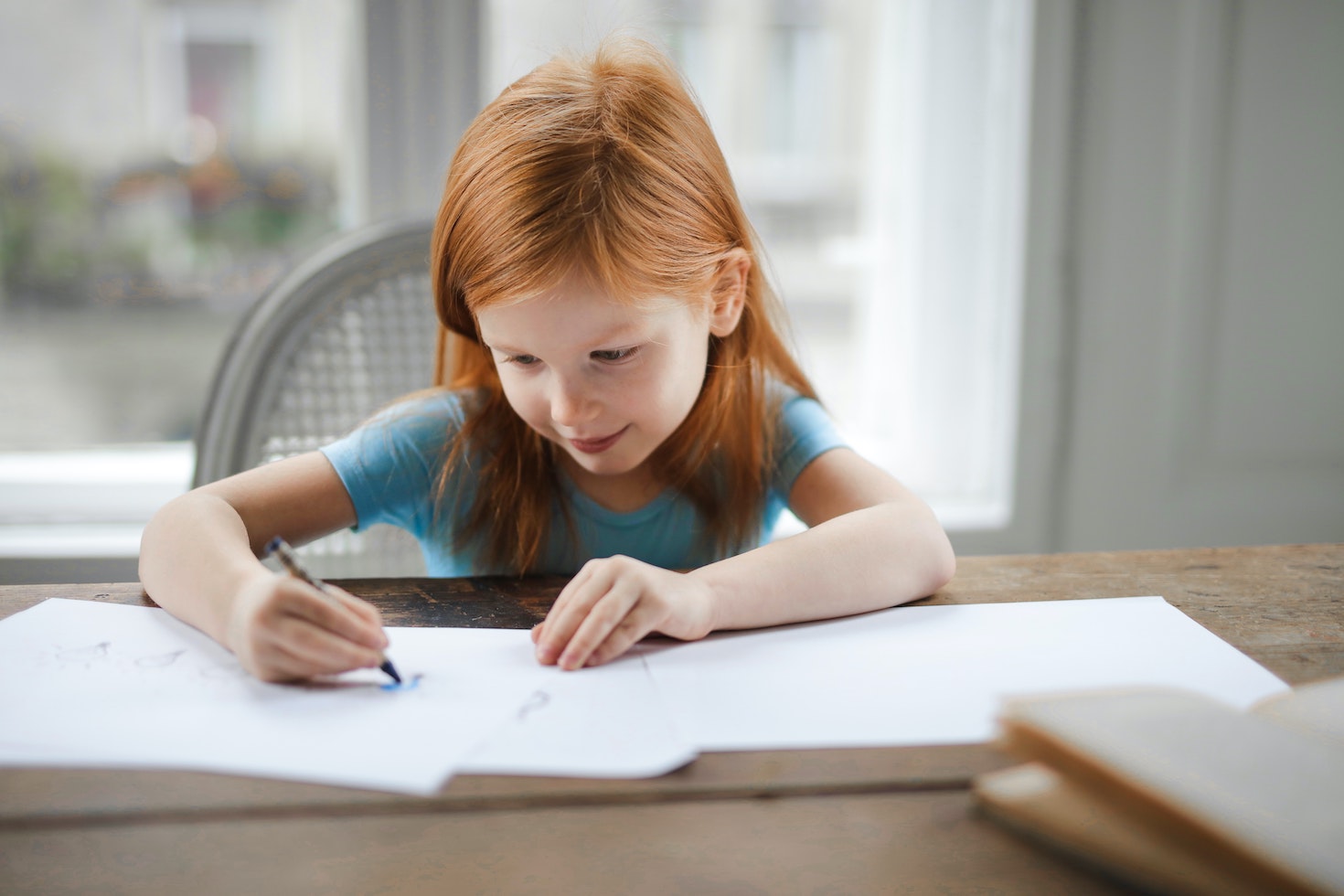When it became clear how drastic the measures would be in response to the pandemic, all of us who work to protect children’s rights took a sharp intake of breath. Not just because of the sheer disruption to everyday lives, but because we knew immediately that children’s experiences of lockdown would vary enormously. And, indeed, the lockdown has forced both the general public and our governments to acknowledge the inequalities that were already present for our children.
Here are some of my observations.
Education inequalities
Schools being shut has made explicit the inequalities in education that children live with all year round. Learning at home is hugely affected by space and quiet, parents’ confidence and own experiences of education, access to enriching activities like music and sport, paid-for additional tuition, books, laptops and broadband. That has always been the case, but attending school helps level out some of the inequalities.
Most UK governments are now doing something about the digital divide and supplying laptops, ipads and wifi access to children without. Some schools had already done this out of their own budgets. The need to be connected was not a new issue though. Homework and revision often rely on internet access, a device to work on and often a printer (with expensive ink and paper) too.
Poverty and food hunger
Hundreds of thousands of extra families relying on Universal Credit, almost overnight, made several things clear. It is not much money to live on and you have to wait for your first payment. There is also a two-child limit – families do not receive payments for additional children born after 6th April 2017 with only a few exceptions. The UK Government added some very welcome additions to Universal Credit payments almost immediately. The poverty of Universal Credit had suddenly become explicit to many more people, but why wasn’t this a concern before?
It also became clear that many children rely on school for food. Free school meals were suddenly not available, along with free breakfasts provided in Welsh primary schools and informally by schools all around the UK. All Governments in the UK scrambled to put in place a range of measures, including cash transfers, vouchers and food deliveries. In Wales, the welcome decision was made to continue this provision over school holidays for at least as long as the crisis lasts. This recognition of how children and their families rely on this provision, and usually miss out in the holidays, is an important step.
Relationships, safety and wellbeing
As a society we rely on our schools, nurseries, youth services and FE colleges to be a safety net for our children. Only small proportions are formally protected by social services or live in alternative care settings. Many, many more receive support from our universal services, such as schools. They provide safe, trusting relationships for many children, and act swiftly if they’re concerned about a child’s safety or mental health. There has been a dramatic drop in child protection referrals during this period, highlighting the role that schools and other professionals normally take in the process, and yet a rise in domestic abuse, suggesting the pressure some children, and adult abuse victims, mostly women, will be under. It has been inspiring to see schools, youth services, charities and local authorities adapting quickly to find new ways to support children at a distance. Community support groups have sprung up all over the country, giving hope following a period of bitter division over Brexit. We cannot yet know how successful that all of this will have been for the most vulnerable.
Of course some children will be benefitting from this period. Some will have spent much more quality time parents who are now working at home or furloughed, others will have had a relief from bullying, stress about exams and social anxiety. This, too, may make us consider how the everyday pressures of lives lived at furious paces may affect our children all year round.
Can there be any long-lasting changes?
Although public purses will be very stretched in the recovery period, the inequalities that have become more visible in this period should spur us all on to be bold in pushing for social change. The upheavals of the two World Wars were the precursors to major social, educational and welfare reforms in the UK, and this could be another historic moment to be bold. Attention to children’s hunger outside of school should make us consider continuing the free school meal provision that has continued through the holidays in this period. We should continue our concern at the low levels of Universal Credit and end the two-child limit, benefits cap, and year-on-year freezes. Wouldn’t it be positive if the bridging of the digital divide becomes normal practice for all children’s education? Let us continue to understand how schools are essential for our children’s wellbeing as well as their education and support them in that role. And, finally, let’s keep a record of any positive learning that’s come out of this period and pledge to enter the recovery period with a determination to reduce inequalities and support our children in new and better ways.

